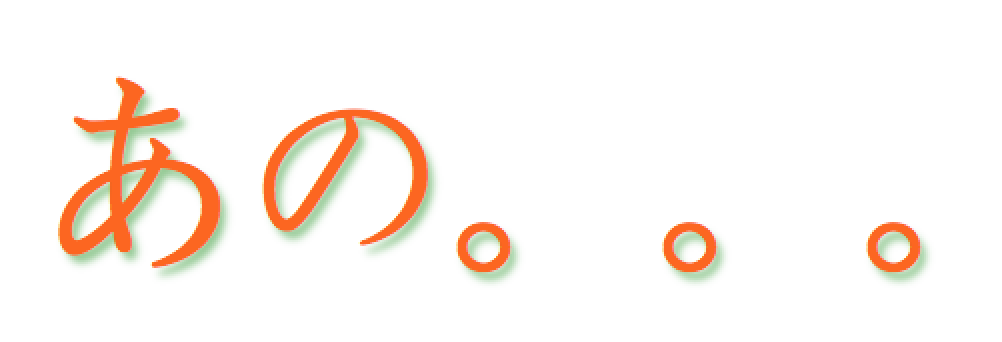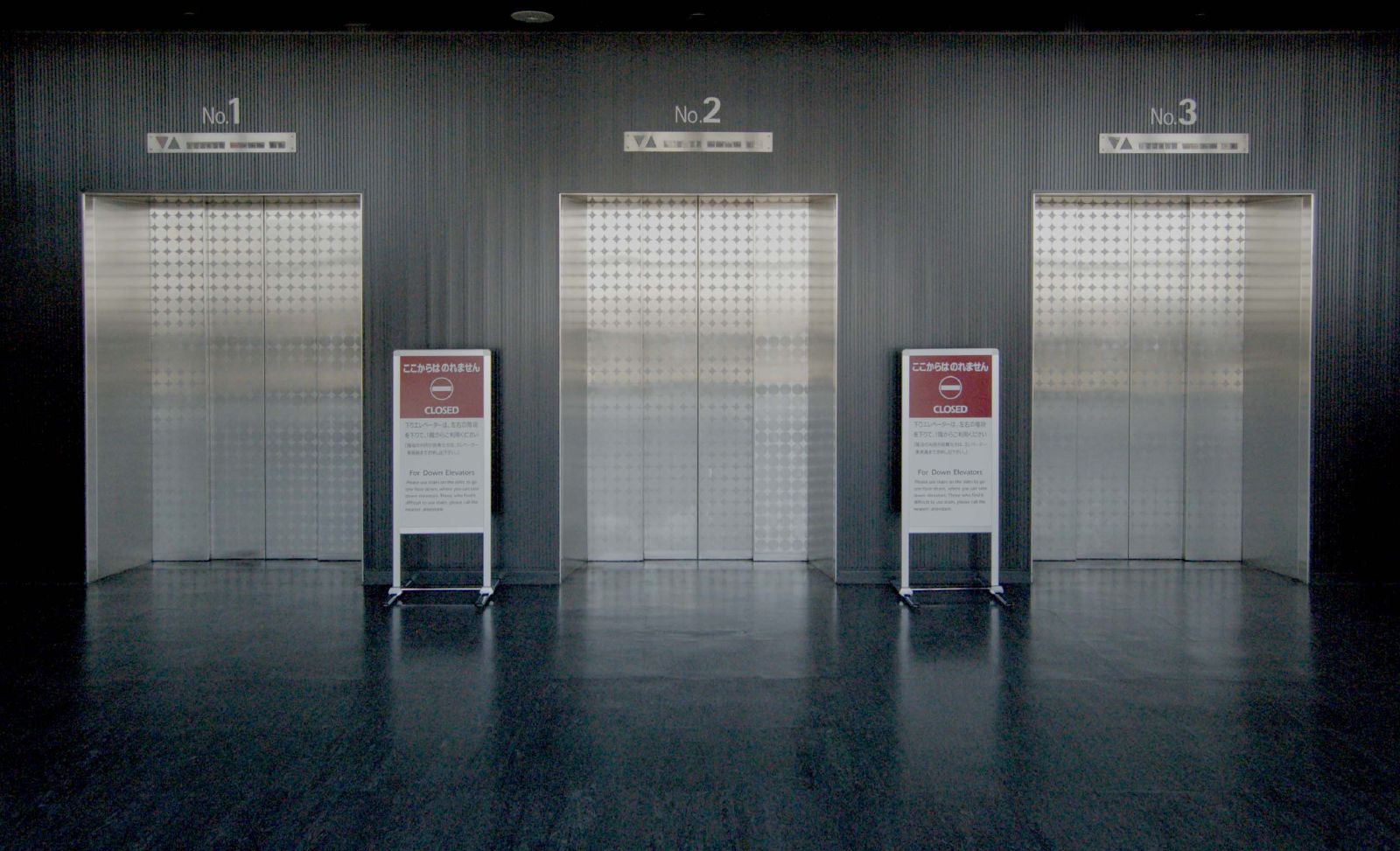A few uses of 〜じゃない
As most people who have studied a little Japanese know, じゃない is an expression in Japanese that means “is/are not” and is be the opposite of だ (the copula, or “is”). In this post I’ll go over a few different ways to use じゃない. (じゃない happens to be an abbreviation of “ではない”, though that isn’t related… Read More »






